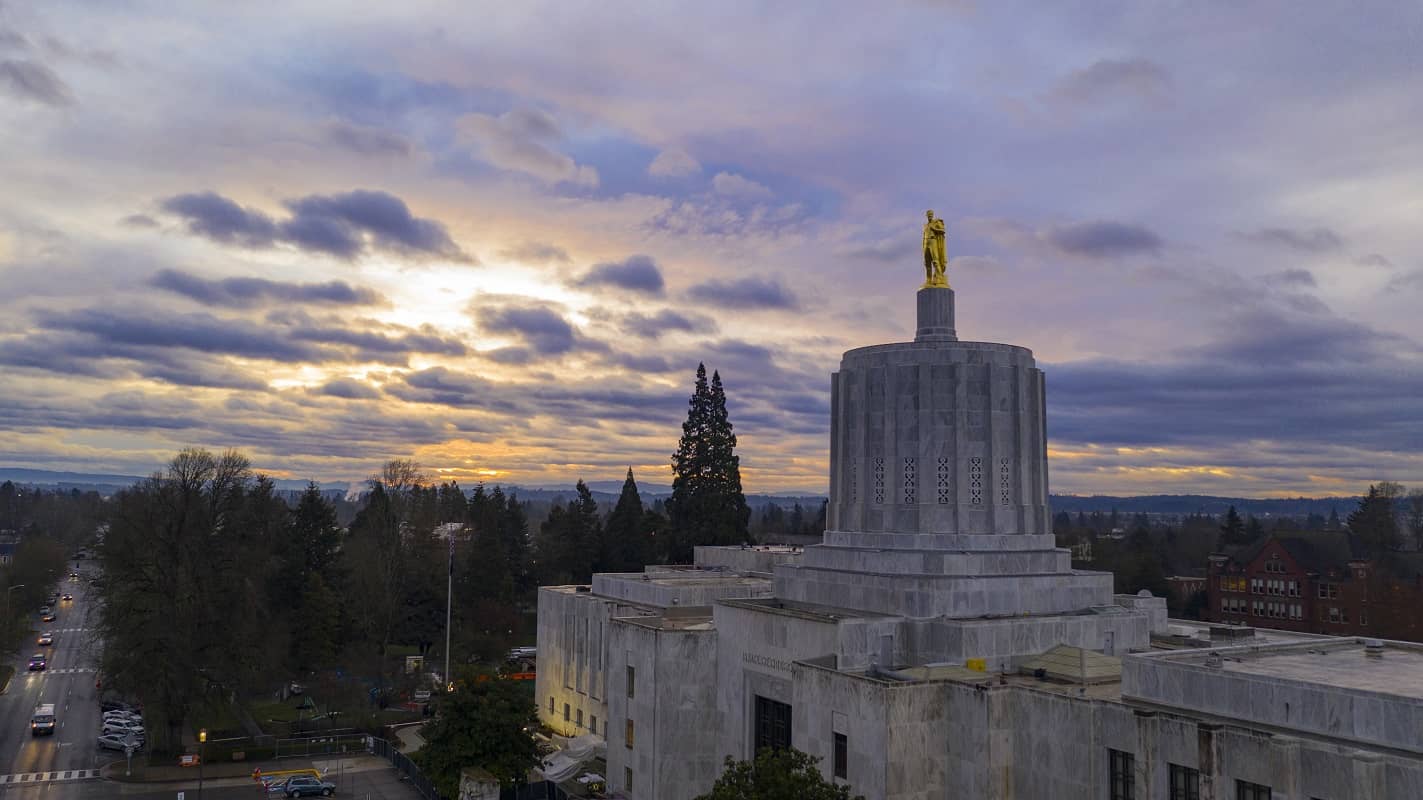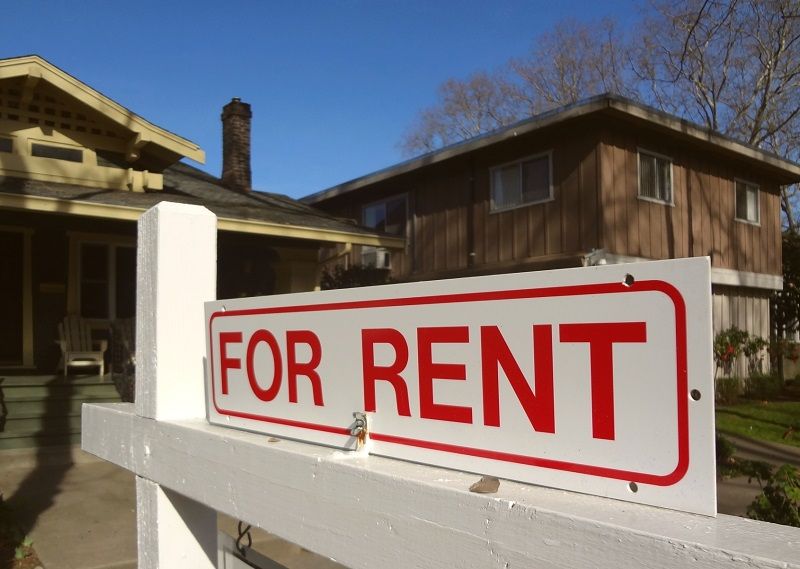This week Seattle became the first city in the nation to mandate a $15 minimum wage. But far from being a victory for workers, a super-high minimum wage is likely to cause more harm than good by destroying businesses and reducing workers’ options.
Washington Policy Center’s Erin Shannon writes: “Some business owners in Seattle say they are holding off on opening new business or expanding their current business, delaying plans to hire new workers and even moving into neighboring cities. In SeaTac, where some employers have been paying a mandated $15 minimum wage for six months, the benefits workers used to receive have been reduced or eliminated and prices have increased for consumers.” A restaurant CEO (whose employees already make $18-22 per hour) told The Puget Sound Business Journal that the increased labor costs will be “a mortal threat” to Seattle businesses.
Some of Portland’s leaders think we should imitate Seattle. We should not. Cutting off the lower rungs of the economic ladder with a super-high minimum wage makes it that much more difficult for young people and those with less education to even reach the first rung on the ladder―and then move on to higher skilled, better paying jobs. Those who support higher minimum wages may not have bad motives, but good motives in support of bad policy still result in driving job creators out of our communities and hurting the very people they want to help.
Kathryn Hickok is Publications Director and Director of the Children’s Scholarship Fund-Portland program at Cascade Policy Institute.











